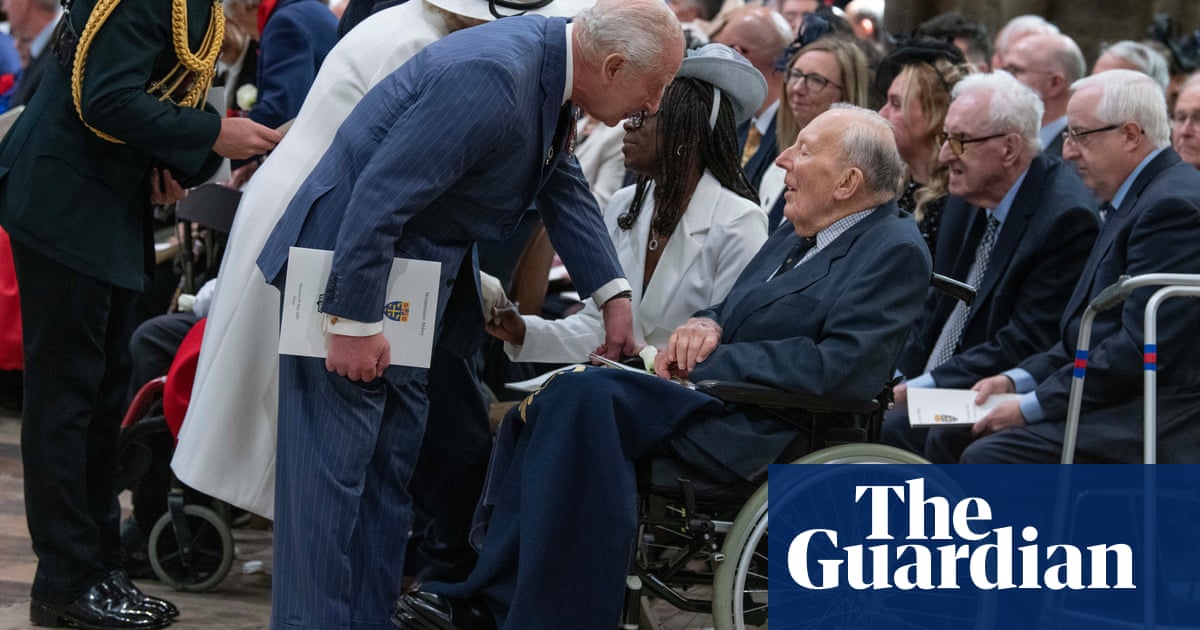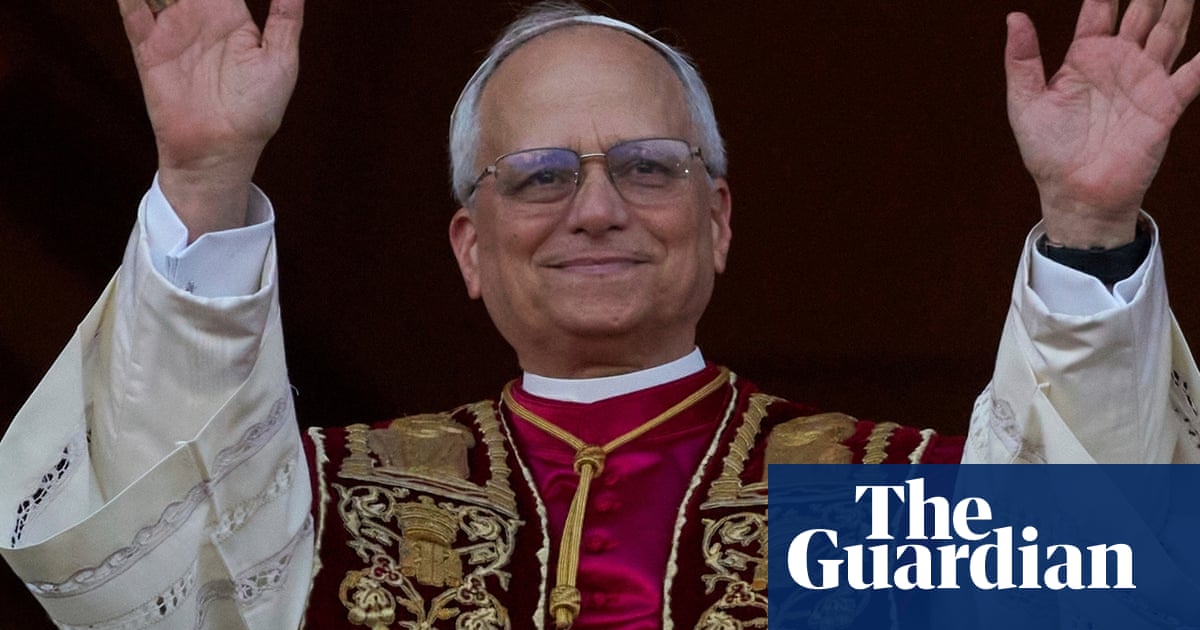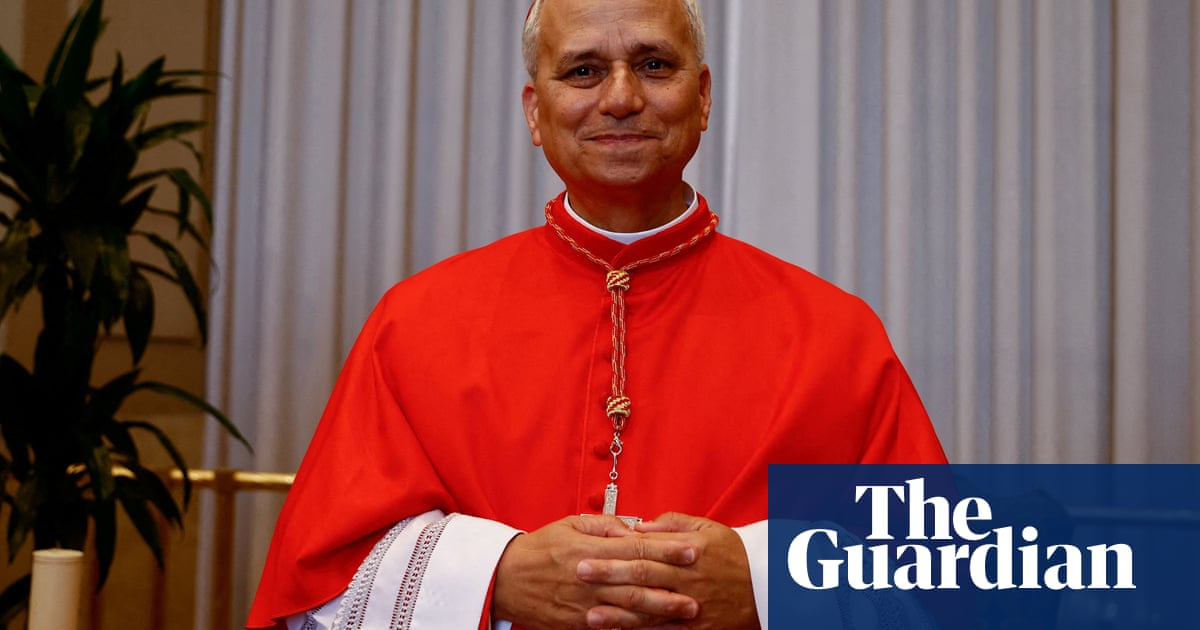Northern Irish poet Michael Longley, whom Seamus Heaney described as “a custodian of griefs and wonders”, has died aged 85, his publisher has confirmed. The writer, who won the TS Eliot prize in 2000 for his collection The Weather in Japan, died in hospital on Wednesday due to complications following a hip operation.
Robin Robertson, Longley’s longstanding editor, said it was “an honour to work with him … Not that I had to work very hard, as every poem was close to perfect.”
“He was the last of the great Northern Irish poetry triumvirate,” Robertson added. “He and his close friends, Seamus Heaney and Derek Mahon, were part of a loose, convivial and brilliantly disparate group of young Irish writers (including Stewart Parker, Bernard MacLaverty, Ciaran Carson and Paul Muldoon) who met in Philip Hobsbaum’s “Belfast Group” in the early 1960s. [Longley, Heaney and Mahon] published their debut collections that decade and went on to become major international poets.”
Claire Hanna, MP for South Belfast and Mid Down, said she was “heartbroken” by the news in a post on X, describing Longley as a “prince of language.”
“He transcended narrow categories of ‘Irish’ & ‘British’ and was a beautiful person – kind, generous, open, humorous,” she added.
Born in Belfast in 1939, Longley was one of twin boys – his brother, a marine engineer, died a decade ago, an event that inspired the second half of the poet’s 2014 collection, The Stairwell. “These are poems that get under the skin,” wrote Kate Kellaway in her Observer review of that collection. “With the mastery of years of writing, Longley knows the shortcuts to the heart.”
after newsletter promotion
Longley studied classics at Trinity College Dublin, where he realised that all he wanted to do was write poetry. “Perhaps I had the vaguest notion of sleepwalking into teaching or the civil service,” he told the Guardian in a 2004 interview. “But I was bitten by the poetry bug. The first poetry I wrote as an undergraduate was splurges of emotion. But I remember taking one of these splurges and trying to make it into two sonnets, which took from about six in the evening until nine the following morning. That kind of challenge was addictive.”
Alongside writing poetry – his first collection, Ten poems, was published in 1965 – Longley worked for the Arts Council of Northern Ireland as combined arts director for many years. He wrote his most famous poem, Ceasefire, in 1994, in the hope of an end to the Troubles. The day after it was published, a ceasefire was announced.
Longley’s poetry won him a number of prizes and accolades, including the Whitbread prize in 1991 for his collection Gorse Fires, a CBE in 2010 and the Feltrinelli International Poetry prize for a lifetime’s achievement in 2022.
In 2017, Longley was announced winner of the PEN Pinter prize, which is awarded annually to a writer who, in the words of Harold Pinter’s Nobel speech, casts an “unflinching, unswerving” gaze upon the world. That year’s chair of judges, the poet Don Paterson, described Longley’s body of work as “effortlessly lyric and fluent poetry” that has been “wholly suffused with the qualities of humanity, humility and compassion, never shying away from the moral complexity that comes from seeing both sides of an argument.”
In 1964, Longley married the critic and academic Edna Longley, who had given him his first review in a student newspaper. In a BBC documentary last year, Longley said that when he finished a poem he would celebrate with a dance – “whoopee, whoopee” – before asking Edna for feedback: “Nine times out of 10 they’re good suggestions.”
The poet’s most recent collection, the Candlelight Master, was published in 2022, poems described by Guardian reviewer Aingeal Clare as “teemingly alive”. Longley is survived by Edna and the couple’s three children.

 3 months ago
50
3 months ago
50













































